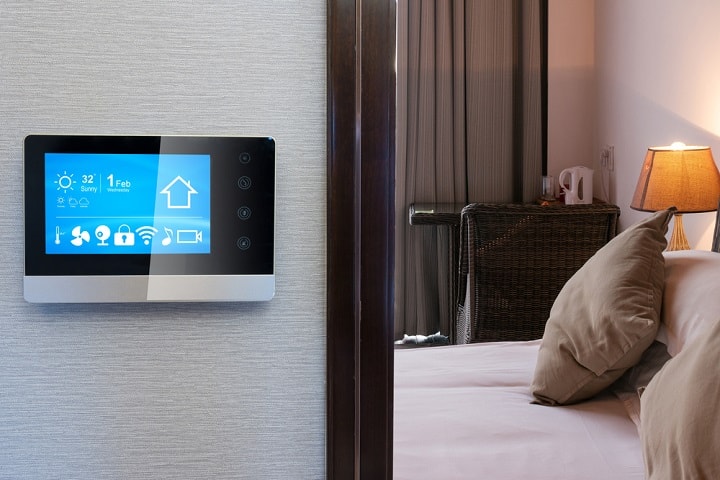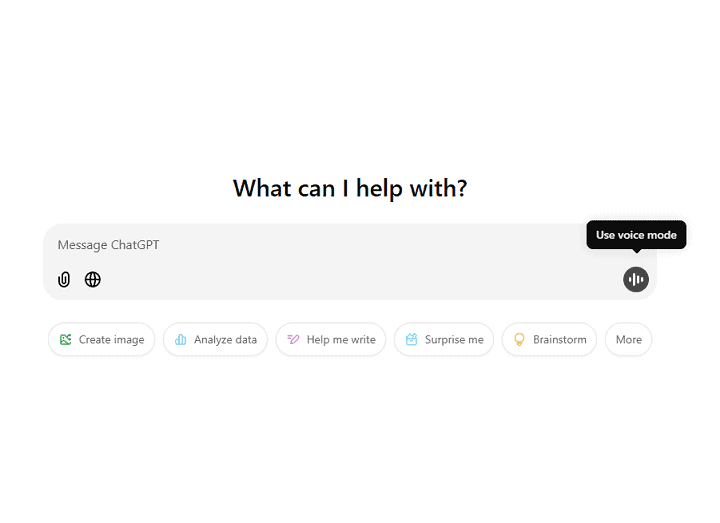Smart home controllers such as Alexa, Google Home, or Apple HomeKit have become increasingly common in households. They offer a centralized platform to manage various smart devices, ranging from lights and thermostats to security systems and entertainment units. Using a smart home controller can simplify the process of controlling different devices, enabling users to operate their home through voice commands or a single app interface. This integration can lead to a more efficient and user-friendly home environment. This article will go over the benefits of using a smart home controller to manage all your smart devices, showing how it can enhance your home by making it more convenient to manage.
Centralization of Smart Home Control
The biggest benefit of having a smart home controller such as Alexa, Google Home, Home Assistant, or Apple HomeKit is that it allows you to centralize management of your smart devices. This means that instead of having one app for each of your smart devices, you can use your smart home controller to manage them. You can then interact with, monitor, and control multiple devices through a single app or interface. This makes it a lot easier to handle multiple smart devices without having to hop from all of the different vendor apps.
Streamlined automation and commands are another benefit of using a smart home controller. Users can set up routines or scenes that enable several devices to work together based on a single command or trigger. For example, a morning routine could raise the blinds, adjust the thermostat, and start the coffee maker with one simple command. Being able to link multiple devices together like this, even when they’re from different vendors, is a huge benefit of having a centralized smart home controller.
FAQ
Can a smart home controller can control all smart devices?
No, a smart home controller is not guaranteed to work with all smart devices. That said, most smart devices work with the major smart home controllers and should be compatible. However, there may be limitations based on the specific brands or protocols supported by the smart home controller. For some devices such as Zigbee or Zwave, you may need additional accessories or hubs for full functionality. Be sure to check the compatibility of your devices with a controller before you make a final decision on which controller to buy.
Is setting up a smart home controller hard?
Setting up a smart home controller is designed to be super easy. The setup process typically involves connecting the smart home controller to your home Wi-Fi network and using a mobile app to add and configure devices. Some controllers may require additional steps, such as creating an account or customizing settings for individual devices.
Another common question revolves around the cost of implementing a smart home controller system.
Smart home controllers can range from free ( Home Assistant ) to around $30 or higher depending on which controller you select and what features it has. There are smart home controllers for all sorts of price ranges, so you should be able to find one that fits your budget. Smart home controllers are generally a one time cost, so there should not be a monthly fee to use your new controller.
Will a smart home controller still work if the internet is out?
No, most smart home controllers will not work if the internet is out. This is because most smart home controllers rely on cloud based services from their vendor in order to function. The exclusion to this is Home Assistant, where depending on your setup and how many of your devices communicate locally, you may retain all or part of the smart home controller’s functionality.
How hard is it to use a smart home controller for those not familiar with or comfortable with technology?
Smart home controllers are designed to be easy to use for all individuals, regardless of tech skills. This means that they are both easy to setup, and easy to use. Voice commands make it super simple to interact with a smart home controller. They use AI and machine learning to handle the recognition, so you can use a wide range of commands to get what you need done. Voice commands do not always need to be specific, as many smart home controllers are capable of understanding natural language.
In Summary
Adding a smart home controller such as Alexa, Google Home, or Apple HomeKit into your home can make it easier to manage multiple smart home devices. Smart home controllers serve as a central hub, allowing you to control various devices through a single interface or with voice commands. This makes managing your home’s smart technology easier and also allows you to automate things that wouldn’t normally work together. Using a smart home controller is a great step for those looking to improve their home automation experience.




